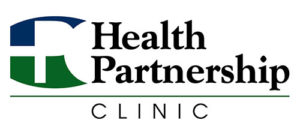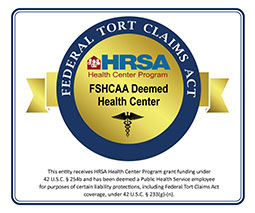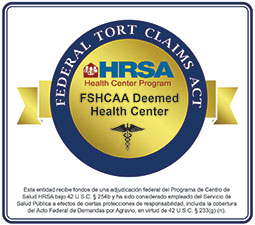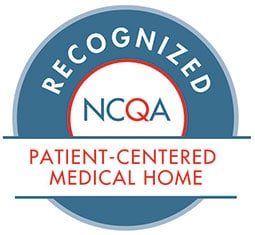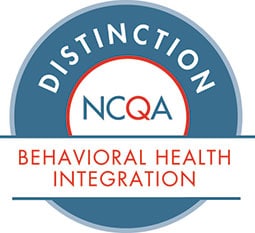Awareness is Key in the Fight Against Breast Cancer
By Elizabeth Lewis, WHNP-BC, Women’s Health Nurse Practitioner
 Nearly all of us have known someone with breast cancer, and had our lives affected by that diagnosis. Breast cancer is something that affects all women and some men. Knowing your risk and getting the right screening test is important.
Nearly all of us have known someone with breast cancer, and had our lives affected by that diagnosis. Breast cancer is something that affects all women and some men. Knowing your risk and getting the right screening test is important.
We know that mammography is the most effective tool used today to find breast cancer in most women. There is some disagreement from organizations on when that screening should start (Below you will find recommendations for women of average risk).
American Cancer Society
Informed decision-making with a health care provider from age 40-44
Every year starting at age 45-54
Every 2 years (or every year if a woman chooses to do so) starting at age 55, for as long as a woman is in good health
National Comprehensive Cancer Network
Every year starting at age 40, for as long as a woman is in good health
U.S. Preventive Services Task Force
Informed decision-making with a health care provider from age 40-49
Every 2 years ages 50-74
HPC Can Help
 At HPC, we have help paying for screening mammograms for women age 40-64 years old. Call 1-877-277-1368 to see if you are eligible or look online at https://www.khconline.org/files/PTN/EDW.pdf.
At HPC, we have help paying for screening mammograms for women age 40-64 years old. Call 1-877-277-1368 to see if you are eligible or look online at https://www.khconline.org/files/PTN/EDW.pdf.
The above recommendations are for average risk women. Your risk level is often just as important as knowing when to start screenings. The lifetime risk of developing breast cancer is 12.4 percent for women of average risk, 15-20 percent for women of moderate risk and greater than 20 percent for women of high risk.
The majority of breast and ovarian cancers are sporadic; however, 6 percent of breast cancers and 15 percent of ovarian cancers are caused by harmful mutations in the BRCA genes. We suggest genetic counseling in patients with no personal history of breast cancer if any of the following are true:
- A pathogenic variant in BRCA1or BRCA2 in a biological relative, usually a first- or second-degree relative
- At least two individuals with breast cancer primaries on the same side of the family with at least one diagnosed at 50 years of age or less
- A first- or second-degree relative with any of the following: breast cancer at 45 years or younger, ovarian cancer, male breast cancer, pancreatic cancer, metastatic prostate cancer or 2 or more breast cancer primaries in a single individual or on the same side of the family with at least one diagnosed at 50 years of age or younger
- Family history of three or more cancers linked to hereditary cancer syndromes
Be sure to talk to your health care provider about your risk level and the appropriate testing for you. To schedule an appointment to see a provider at HPC, call 913-648-2266.
